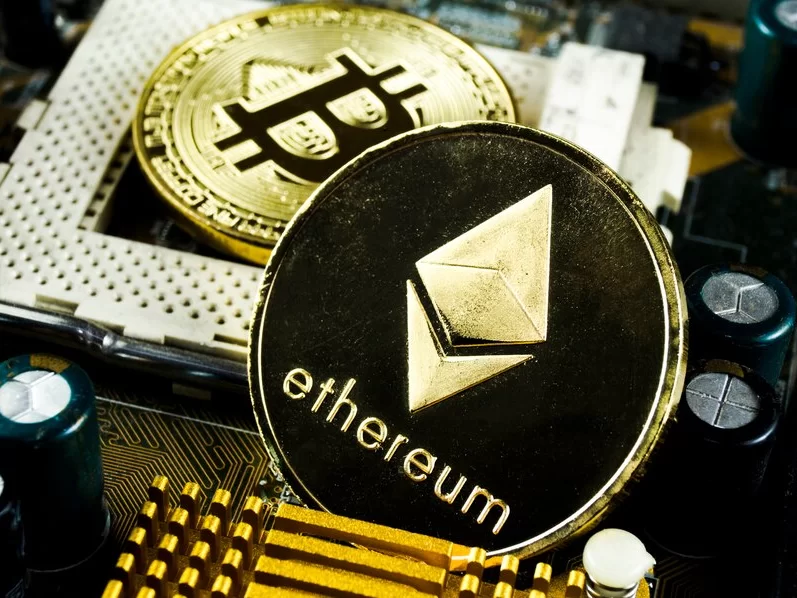- Ethereum’s upcoming Pectra upgrade, set for late 2024 or early 2025, brings more features for crypto wallets and makes them easier to use.
- One big change, called EIP 3074, lets regular wallets act like smart contracts. This means users can bundle transactions and delegate funds more easily.
- Some people worry this change could make wallets less secure, but others think it’s a useful improvement, especially for sponsored transactions.
Ethereum’s upcoming Pectra upgrade, featuring EIP-3074, is set to transform crypto wallets with smart contract capabilities.
EIP-3074 makes waves in crypto wallets
The upcoming Ethereum Pectra upgrade, expected around late 2024 or early 2025, promises a wave of enhancements for crypto enthusiasts worldwide. Among the headline features is the integration of Ethereum Improvement Proposal (EIP) 3074, a game-changer set to revolutionize the functionality of crypto wallets.
EIP-3074 introduces a pivotal shift, granting regular crypto wallets the prowess of smart contracts. This innovation unlocks many benefits, including streamlined transaction bundling and the facilitation of sponsored transactions, akin to the account abstraction concept from ERC-4337.
Also read: Ethereum earnings tripled in Q1 2024, reaching $370M
Controversies among the empowered wallets
While the prospect of empowered wallets excites many, concerns loom regarding potential security vulnerabilities. Anonymous DefiLlama developer 0xngmi claimed in an April 11 X post that the EIP’s downside is “now it’ll be possible to fully drain an address (all tokens, all NFTs, all DeFi positions…) with only one bad signature.”
Gaslite co-founder Harrison Leggio wrote on X that while there are security concerns with the update, “people will always find a way to lose their money.” “People literally give their private keys to trading bots,” he added.
However, amidst the apprehension, proponents of EIP-3074 emphasize its utility, particularly in sponsored transactions. Software engineer Laurence Day wrote that the EIP’s “most obviously useful application” was its sponsored transactions, as it allowed users to “store assets in a wallet that doesn’t hold Ether,” and they could sponsor the gas from a contract controlling the wallet.

